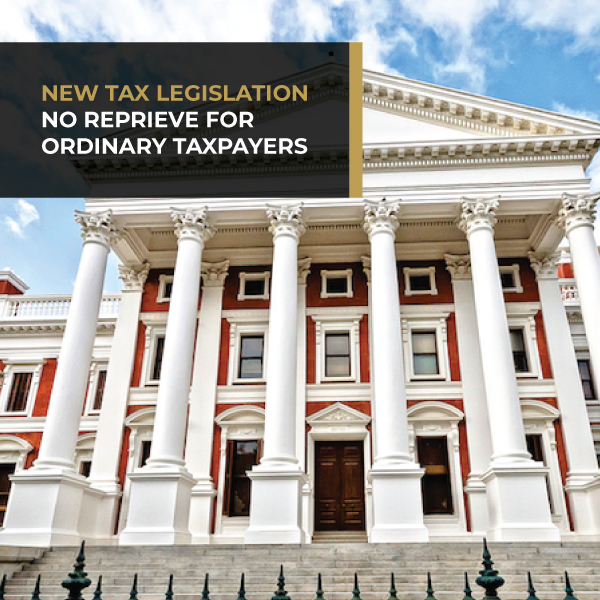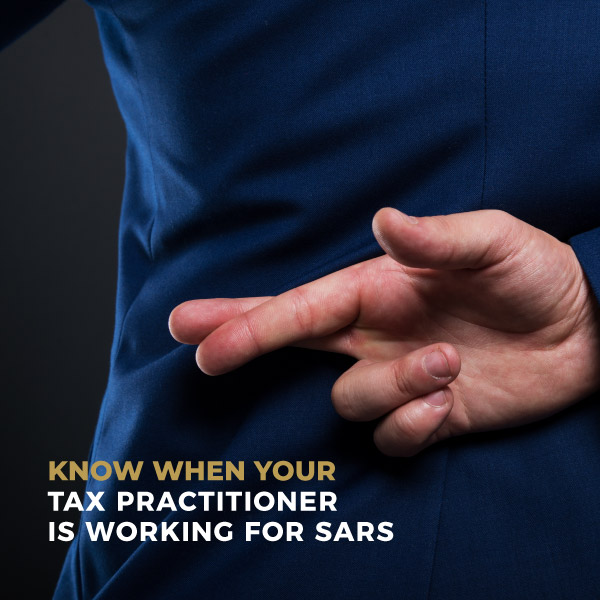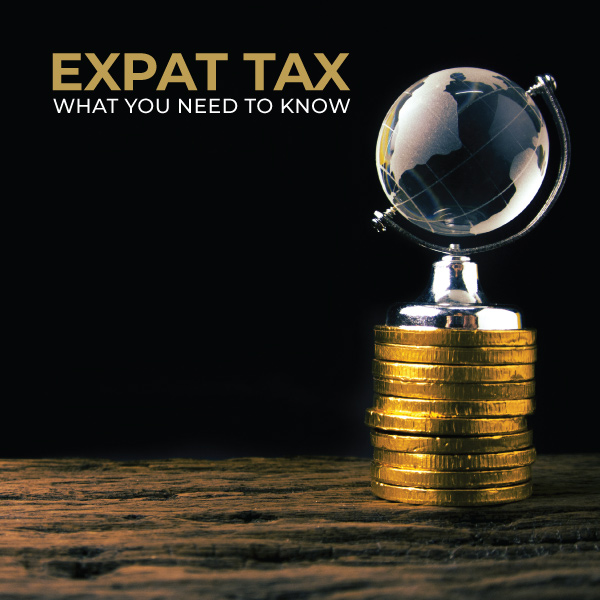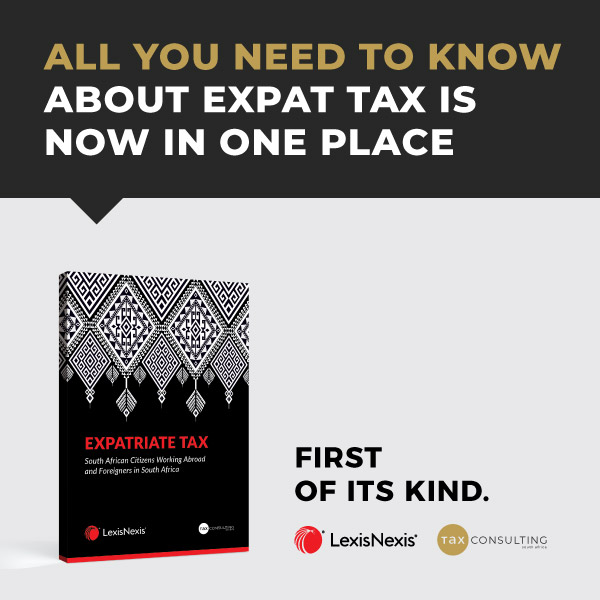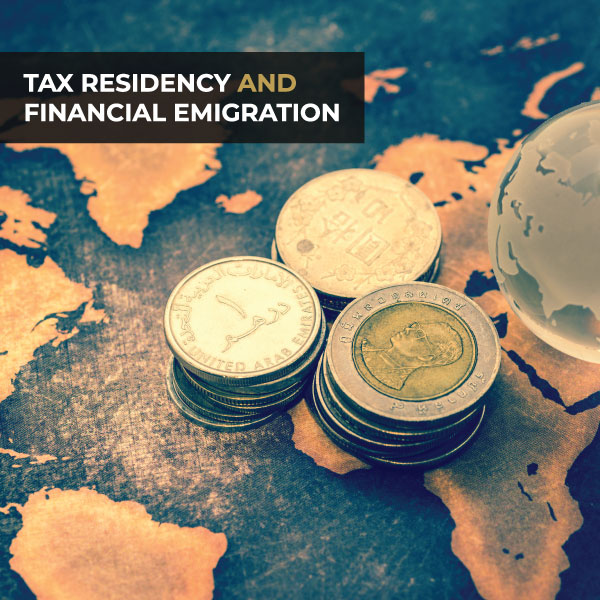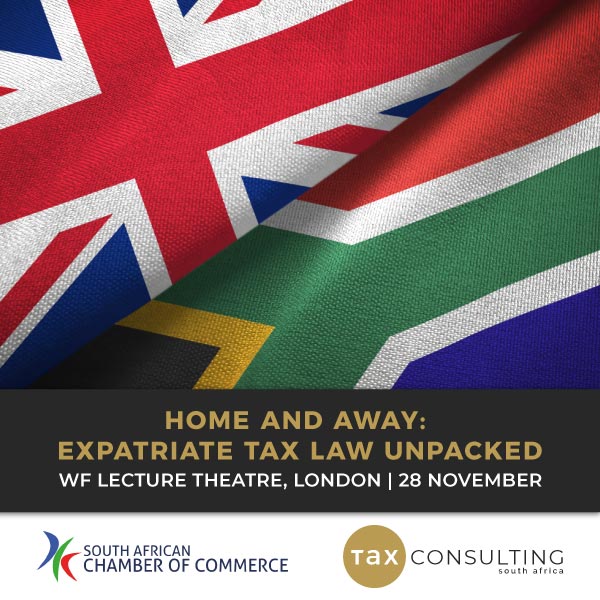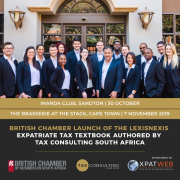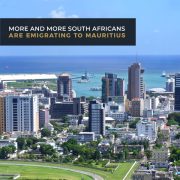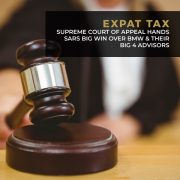NEWS | NEW TAX LEGISLATION – NO REPRIEVE FOR ORDINARY TAXPAYERS
This week, on 26 November 2019, the National Assembly passed the latest tax bills, which is set to be promulgated by the President after it has been passed by the National Council of Provinces. On the face of it, some concessions have been made for individual taxpayers, but these offer cold comfort in the bigger […]

